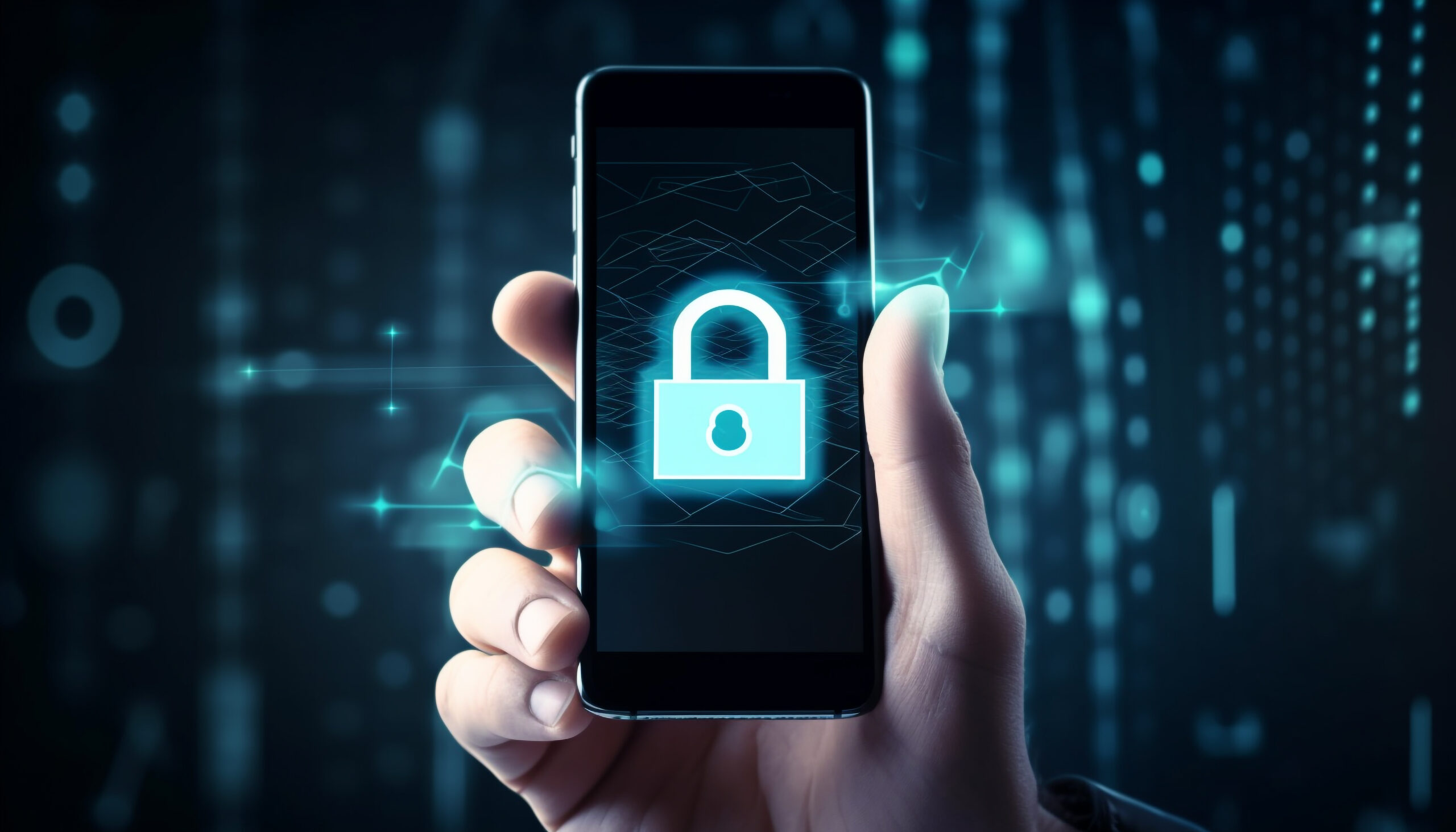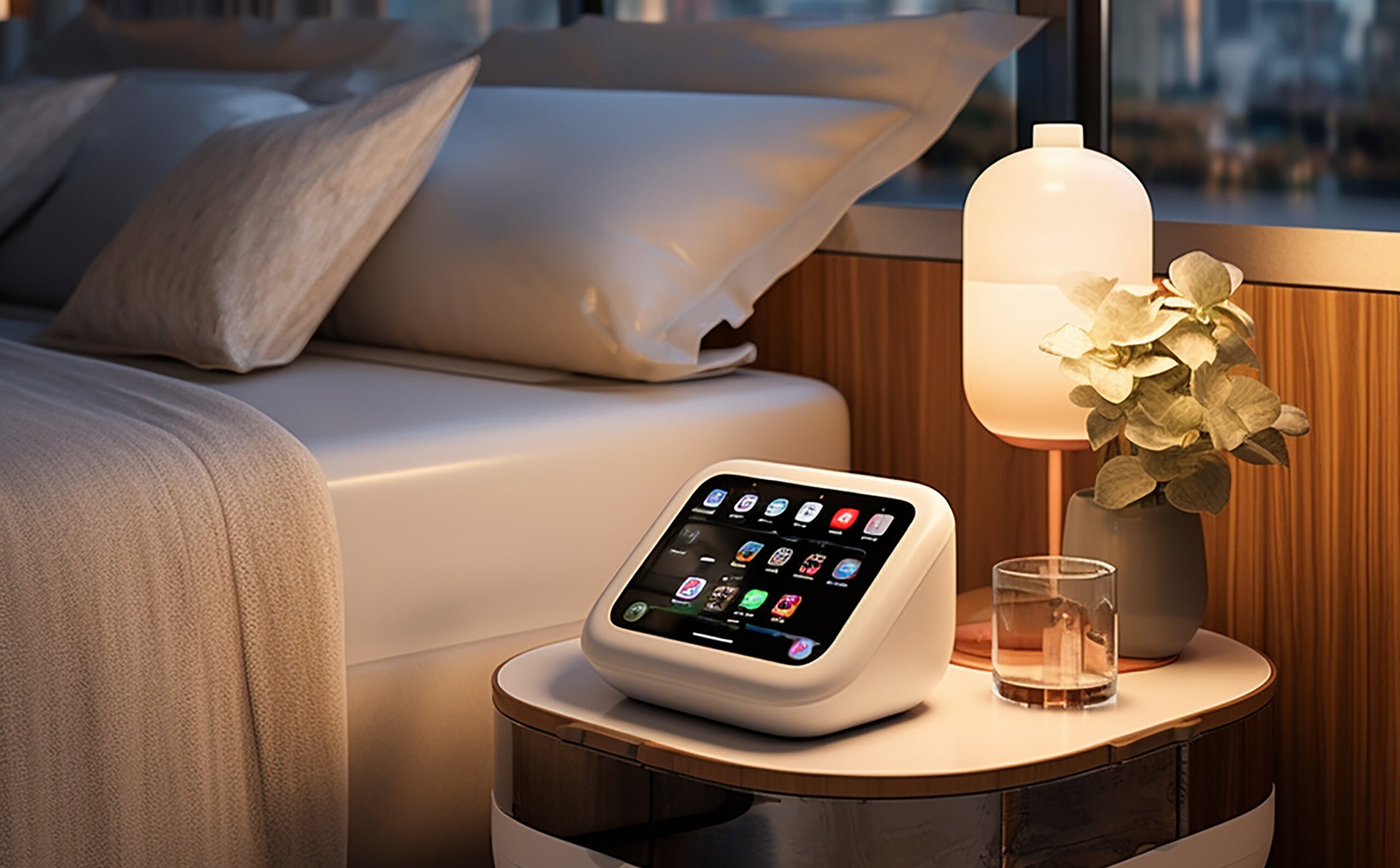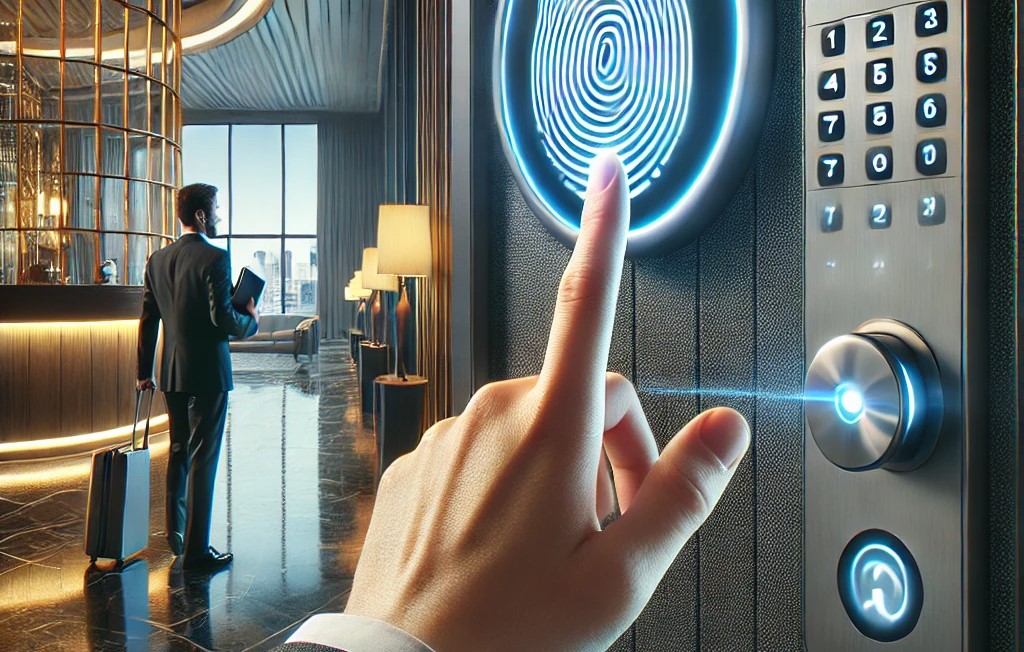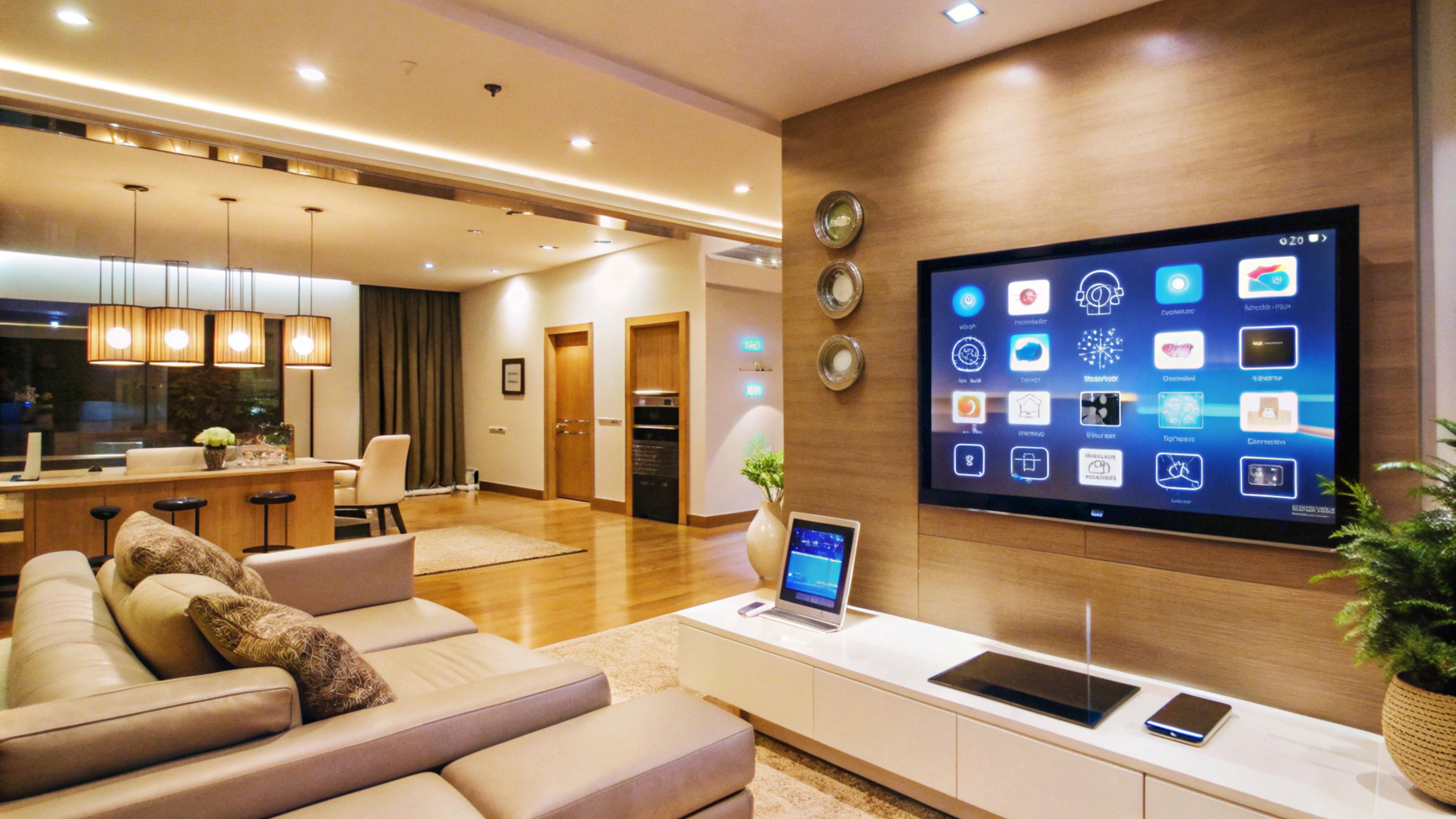
Eight Reasons Why Digital Key is key for the Modern Hospitality Industry
Digital keys play a pivotal role in enhancing the check-in experience. These keys allow guests to bypass the front desk entirely and access their rooms with their smartphones. With people becoming increasingly reliant on their smartphones for a myriad of daily tasks, mobile keys are poised to become the new standard in the hospitality sector. Global research indicates that by 2025, digital key adoption rates could cross 70% in hotels worldwide. This innovation not only speeds up the check-in process but also aligns with the modern traveller’s preference for technology and self-service options.
The hospitality industry has seen a significant transformation in recent years, largely driven by technological advancements. Among these, digital keys have emerged as a game-changer, offering a multitude of benefits for both guests and hoteliers. Hoteliers constantly strive towards creating seamless, enjoyable experiences for its guests, and one of the most crucial aspects of this experience is the hotel check-in process. An easy hotel check-in experience sets the tone for a guest’s stay, providing a welcoming and efficient start that can significantly influence their overall perception of the establishment.
By integrating digital keys into a mobile app, hotels can provide guests with additional conveniences such as mobile check-in, room selection, and personalized welcome messages, all of which contribute to a more personalized and efficient experience. Here are eight compelling reasons why digital keys are crucial in the modern hospitality industry:
1. Digital Convenience
In today’s fast-paced world, convenience is a top priority for travellers. Digital keys streamline the check-in process, allowing guests to bypass the front desk and go directly to their rooms. This is particularly beneficial for business travellers and those arriving late at night. Guests can use their smartphones to check in, access their rooms, and even request services, all from the comfort of their own devices.
2. Improved Security
Digital keys offer enhanced security features compared to traditional key cards. They are harder to duplicate and can be instantly deactivated if lost or stolen. Additionally, digital keys are often integrated with guest management systems, enabling hotels to monitor and control access more effectively. This reduces the risk of unauthorized entry and enhances overall property security.
3. Streamlined Operations
For hoteliers, digital keys simplify operations by reducing the need for physical key management. Staff can focus on providing exceptional service rather than dealing with lost keys or demagnetized cards. The feature can also be integrated with other hotel management systems, creating a seamless workflow that enhances efficiency and productivity.
4. Cost Savings
Implementing digital key systems can lead to significant cost savings over time. While the initial investment may be higher, the reduction in key card replacement costs, administrative labour, and maintenance expenses can offset this. Additionally, the durability of digital keys reduces the need for frequent replacements, further driving down costs.
5. Environmental Impact
Traditional plastic key cards contribute to environmental waste, as they often end up in landfills. Digital keys, on the other hand, are environmentally friendly, reducing the need for plastic production and disposal. By adopting digital key technology, hotels can make a positive impact on the environment and appeal to eco-conscious travellers.
6. Enhanced Guest Experience
Digital keys contribute to a more personalized and seamless guest experience. Through mobile apps, hotels can offer customized services and promotions directly to guests. For example, guests can receive notifications about available upgrades, special offers, or local attractions. This level of personalization enhances guest satisfaction and fosters loyalty.
7. Integration with Smart Room Technology
The rise of smart room technology in the hospitality industry is closely tied to the adoption of digital keys. Guests can use their smartphones to control various room functions such as lighting, temperature, and entertainment systems. This integration provides a more comfortable and tailored stay, aligning with the growing demand for smart, connected experiences.
8. Competitive Advantage
In a competitive market, offering digital keys can differentiate a hotel from its competitors. Travelers are increasingly looking for modern amenities that enhance their stay. By adopting digital key technology, hotels can position themselves as innovative and forward-thinking, attracting tech-savvy guests and gaining a competitive edge.
Digital keys are no longer a futuristic concept but a vital component of modern hospitality. They enhance guest convenience, improve security, streamline operations, and offer cost savings, all while reducing environmental impact. Moreover, they contribute to a more personalized guest experience, integrate with smart room technology, and provide a competitive advantage. As the hospitality industry continues to evolve, digital keys will undoubtedly play a crucial role in shaping the future of guest services.
Embracing digital key technology is not just a trend but a strategic move that aligns with the needs and expectations of today’s travellers. At MSR IT Solution, development and implementation of digital key technology has been a significant are of focus. As a brand, we recognise that guest experience is a core aspect of the hospitality business and a smooth check-in experience goes a long way in setting the tone of a guest’s impression of the brand. Our commitment towards technological excellence is manifested through our integration of the Digital Key feature into our unified guest experience mobile application.
BACK TO ALL BLOGS


